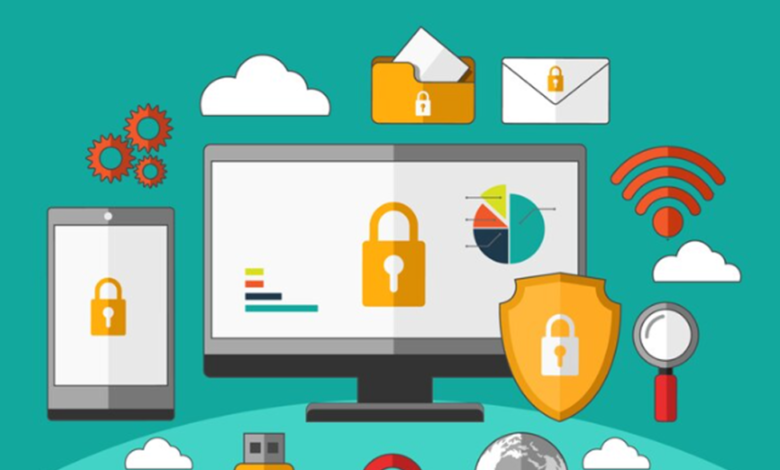How to Configure Your Internet Settings for Enhanced Online Privacy

Manage your privacy settings
You can manage your privacy settings on all your mobile devices. Both Android and iPhones have settings to increase your privacy. You should always be careful about what apps you download. You should only download them from trusted sources. If they request permissions, only grant them if they are necessary. Once you set your security and privacy settings on your devices, you can also configure them for all your apps, software programs, etc. You can control who sees your information, sends you messages, and much more.
Online privacy
Configuring proxy on iPhone can offer you more privacy. What does configure proxy mean on iPhone? When you configure a proxy, you instruct your device to route internet traffic through a proxy server. It acts as an intermediary between your browser and the internet and hides your IP address. Before you find out how to set up a proxy on iPhone you will need to sign up with a proxy service provider. Should configure proxy be on or off on iPhone? It depends. You can browse with it off but when it’s on it provides you with a more private browsing experience.
Check your browser security settings
Internet browsers are how you access the internet. You must use a safe and secure browser if you want to ensure your online privacy and control your private information. Mozilla Firefox, Google Chrome, and Safari all have in-browser privacy settings. You can opt out of third-party tracking, browse in incognito or private mode, and control activity logs. You can also clear your browsing data.
Use a VPN
A virtual private network (VPN) creates a secure tunnel between your device and a VPN server. This ensures that your internet traffic is hidden from others. It masks your IP address and location by replacing them with those of the VPN.
- If you need to use public WiFi networks, a VPN can prevent malicious actors from accessing your private information on these unsecured networks.
- It makes it difficult for advertisers or malicious actors to monitor, track, or intercept your online actions.
- It allows you to bypass geo-restrictions that streaming services often impose.

Use messaging apps with end-to-end encryption
Most messaging apps use encryption but, in most cases, this encrypts information in transit. The provider decrypts the messages and stores them on its servers. The problem is that someone can hack its servers. Choosing apps with end-to-end encryption prevents this. Even the service provider is unable to see your conversations. WhatsApp offers end-to-end encryption but on Facebook Messenger and Telegram, you have to enable it manually.
Review your social media privacy settings
The social media platforms you use may not be private by default. To protect online privacy, you should take a good look at all your privacy settings. You can decide what information you would prefer to share with only family and friends. You should also periodically review third-party permissions you grant to apps on your devices. Apps on social media may request permissions that expose your confidential information and increase your risks.
Install anti-virus software and keep it updated
Effective anti-virus software can defend you against many types of malwares. This may be ransomware that encrypts your files and demands money to restore them. It may be a Trojan horse that seems like a valid program but steals your private information once it’s in your system. Your anti-virus software needs constant updating. You can set this to happen automatically so you don’t miss out on the updates that fix gaps in security.
Use a password manager and 2FA
Setting strong passwords is one of the most basic internet privacy tips. Strong passwords ideally include upper and lower-case characters, numbers, and symbols. You can use a password manager to remember passwords for you. The only one you have to remember is the one for the password manager.
Two-factor authentication adds another layer of protection. Even if bad actors manage to get your password, they need a secondary piece of information to access your account. Biometric forms of identification such as facial recognition or fingerprints make it very hard for hackers to access your confidential information.
Conclusion
With the above tips, you can protect yourself against online threats and make sure your private information stays safe and secure. Always be mindful of what you share online, download, or permissions you grant. Make sure your browser is secure and that you configure privacy and security settings wherever you are able to do so.





